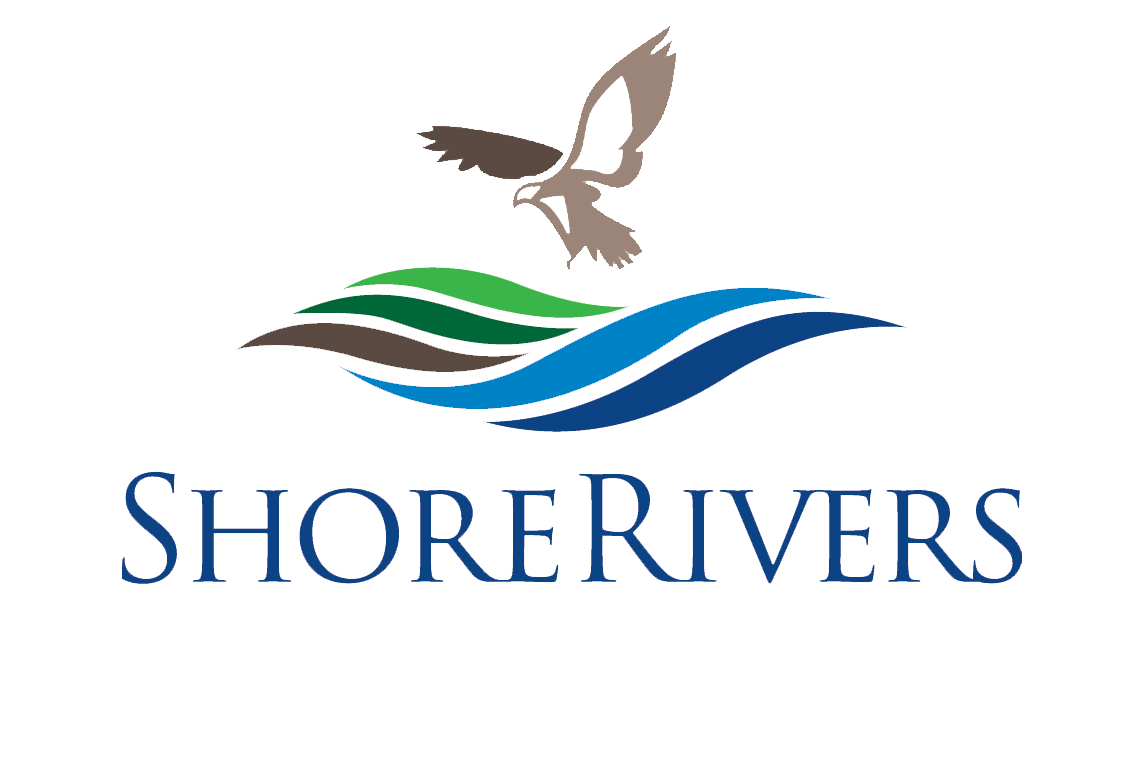The Maryland Department of the Environment (MDE) announced it would take significant steps to hold Valley Proteins accountable for its water pollution, thanks in large part to the work of ShoreRivers and partners. The industrial poultry rendering plant in Linkwood, on Maryland’s Eastern Shore, has been illegally discharging polluted water into the Transquaking River and operating on an outdated permit for 15 years.
In April, ShoreRivers and Dorchester Citizens for Planned Growth (jointly represented by Chesapeake Legal Alliance) and Chesapeake Bay Foundation filed a notice of intent to bring a lawsuit against Valley Proteins for violating its wastewater discharge permit. This action, along with years of advocacy by local environmental groups, spurred MDE to take significant steps this month to hold the plant accountable.
MDE recently announced it would take action to update the plant’s discharge permit, impose penalties for pollution violations, and deny state funding for upgraded technology. Specifically, these actions have been instituted: MDE has issued a new draft wastewater discharge permit, which will replace the outdated permit and hold the plant to higher and more modern standards; following the non-profits’ notice of intent to sue MDE has agreed to impose penalties and remedial actions on Valley Proteins for its pollution violations; and MDE has denied funding previously granted from the taxpayer-funded Bay Restoration Fund to pay for technology upgrades and expanded capacity.
Updated Discharge Permit
Valley Proteins uses a chemical process to render chicken carcasses into protein for animal feed, which it then sells. The plant’s National Pollutant Discharge Elimination System (NPDES) permit expired in 2006, but the state has enabled the company to continue to operate by administratively extending the permit for 15 years. These “zombie permits” endanger the health of our waterways by allowing industrial sources to continue to operate on outdated technology and under outdated pollution limits.
On September 15, MDE issued a new draft permit. “We will be working diligently through the public process to ensure the new discharge permit adequately protects water quality and that checks are in place to prevent future violations from occurring,” says ShoreRivers Choptank Riverkeeper Matt Pluta. “We can do better. We fully expect the State to address their backlog of ‘zombie permits’ and will work this legislative session to prohibit administratively extending permits.”
Penalties for Illegal Discharges
MDE has committed to imposing penalties for the discharge violations Valley Proteins incurred over the years. ShoreRivers will continue to work with MDE to ensure the penalties and remedial actions match the magnitude of the impacts to local water quality. ShoreRivers will also advocate for technical upgrades to the plant and restoration solutions in order to reduce pollution entering local waterways.
In years when records have been available, Valley Proteins has exceeded pollution limits when releasing wastewater into the Transquaking River. Reported violations show the plant discharging above the legal, or “safe,” limit for nitrogen, phosphorus, ammonia, chlorine, and fecal coliform. These nutrients, chemicals, and bacteria cause harmful algal blooms, degrade habitat, and threaten the safety of people trying to swim or fish in the river. Valley Proteins must be held accountable for its degradation of this public resource.
Denying Bay Restoration Funds
In the 2021 Legislative Session, the State authorized $7.6 million to Valley Proteins from the Bay Restoration Fund to cover a portion of the cost of a $15-million-dollar upgrade to reduce pollution.
The Bay Restoration Fund is comprised of tax-payer money and is intended to solve wastewater issues that have a direct impact to the local communities who pay into the fund. Every year the State makes funding awards by reviewing a long list of applicants; it has previously prioritized funding upgrades to public wastewater treatment plants. Many applicants are small, rural towns that don’t have the means to fund their own technology upgrades.
“To reward a facility that has violated its permit for years, by giving them tax-payer money to solve the problem sets a bad precedent for other polluting industries,” says Pluta. In a statement from MDE Secretary Ben Grumbles earlier this month, the state announced it would no longer grant Valley Proteins the funding they requested.
These three issues mark significant achievements in ShoreRivers’ advocacy work to safeguard our local rivers from industrial polluters. Working closely with Chesapeake Legal Alliance,ShoreRivers and our partners will work through the public process for Valley Proteins’ new discharge permit to make sure it’s as protective of water quality as possible. We will also continue to push the state to eliminate the backlog of expired permits and end the practice of administratively extending outdated permits in the state of Maryland.

